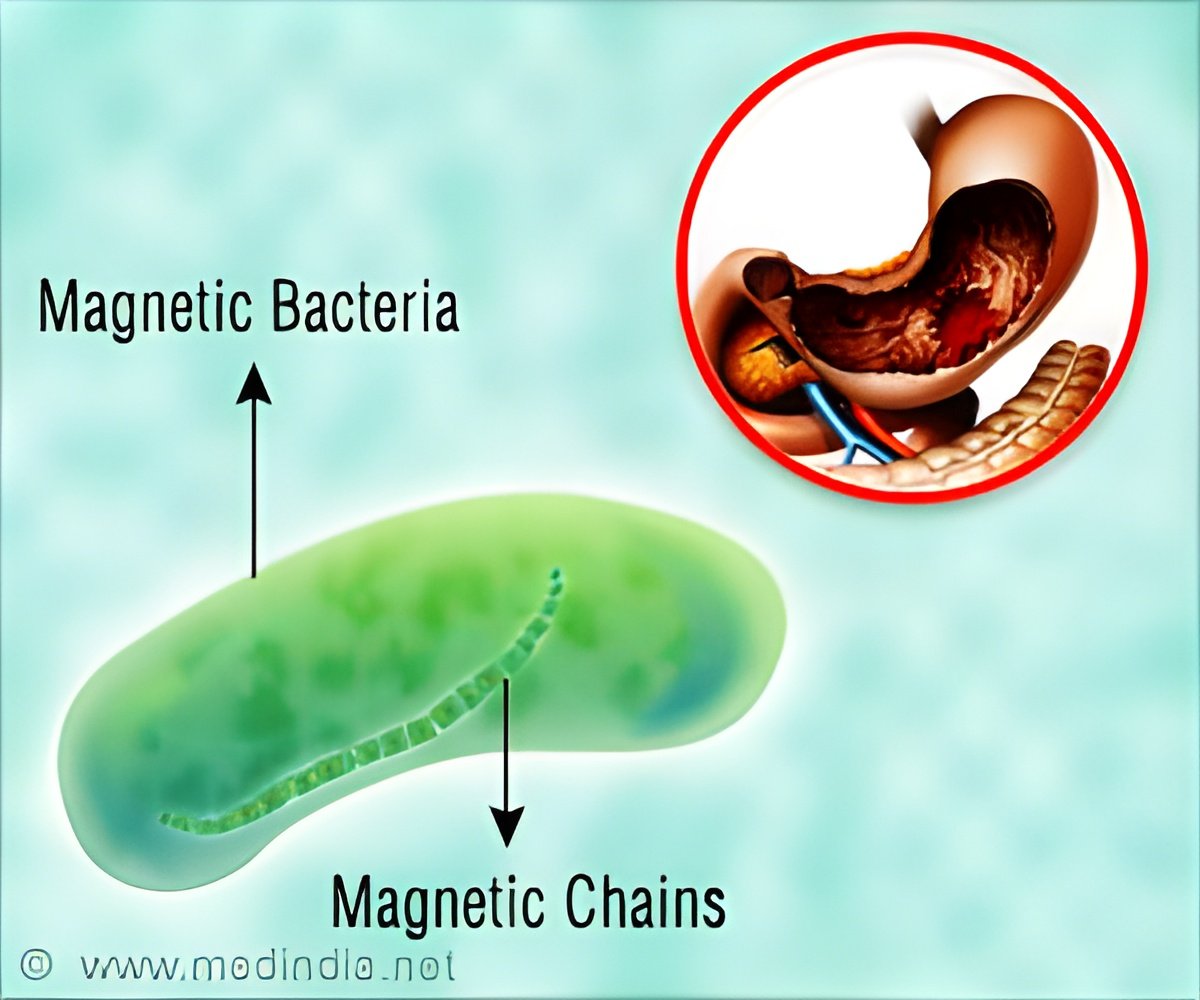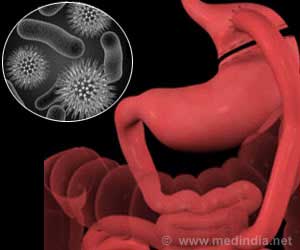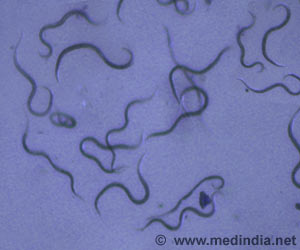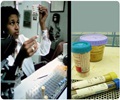In the 21st century, fecal microbiota transplantation (FMT) is one of the most innovative new treatments.

New research presented this weekend at the American Gastroenterological Association's 2014 James W. Freston Conference in Chicago, IL, highlights significant advances in this field, and confirms the promise of FMT to advance our understanding of GI disease and aid in the development of new microbiome-based therapeutics to treat a broad range of GI disorders.
"The 2014 AGA James W. Freston Conference promises to be an important and stimulating meeting in microbiome and FMT research and technology," said course directors Stacy A. Kahn, MD, and David T. Rubin, MD, AGAF, both from The University of Chicago Medicine. "This is the first international conference on FMT and brings together leaders from across the field and will highlight advances in basic science and clinical research. In addition, the conference will also create a forum to discuss the ethical and regulatory issues in this emerging field."
FMT Beyond C. Difficile While FMT has been proven to be safe and effective for patients with recurrent C. difficile infection, its efficacy in treating other diseases is still in question. Data presented at the AGA James W. Freston Conference will provide evidence that FMT is an effective treatment for a range of other GI disorders. One study reports that 70 percent of subjects who received FMT for refractory irritable bowel syndrome (IBS) had a resolution and/or improved symptoms. Patients reported improved abdominal pain (72 percent), bowel habit (69 percent), dyspepsia (67 percent), bloating (50 percent) and flatus (42 percent). Quality of life was also improved in 46 percent of patients.
Data also confirm the potential for FMT in treating inflammatory bowel disease (IBD), both ulcerative colitis and Crohn's disease. A study out of Montefiore Medical Center finds that colonoscopic FMT, followed by self-administered fecal enemas, resulted in improved symptoms and decreased medication requirements, especially in IBD patients with concomitant C. difficile infection.
On the Horizon: Orally Delivered Microbes FMT has multiple liabilities, including invasive delivery, cost and complexity of donor management, variability of FMT preparation, and the potential to transmit pathogens. A new study, to be presented at the meeting, holds the answer to these challenges — an orally delivered community of microbes. SER---109, developed by Seres Health, Inc., proved to be remarkably efficacious and safe with a 100 percent cure rate for the treatment of recurrent C. difficile infection in the study population. The pill works to rapidly repair the microbial imbalance cause by chronic antibiotic treatment for C. difficile by inducing the formation of a diverse and healthy microbiome. This pill has the potential to replace FMT and maximize utility for clinicians and patients.
Advertisement
Source-Eurekalert











